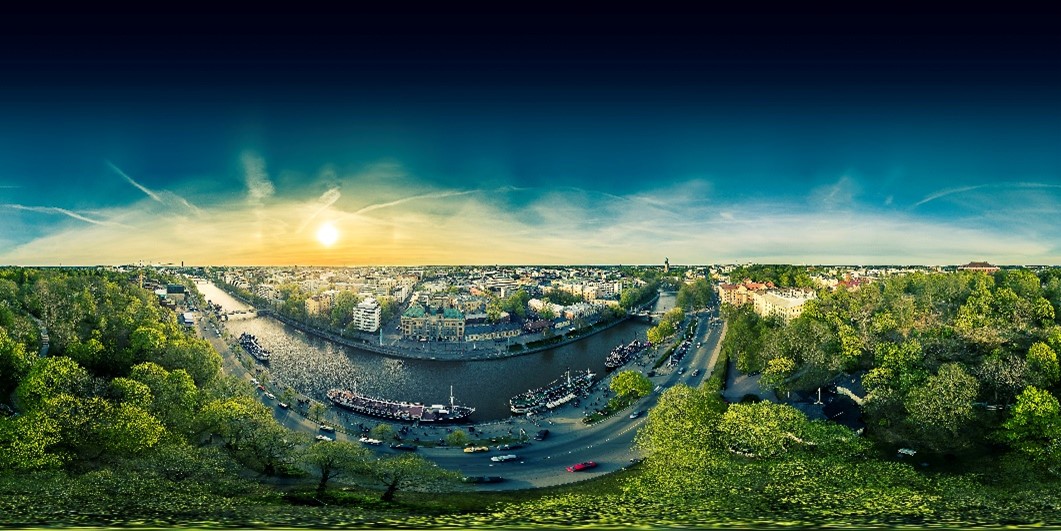Turku's Pilot City Activity: 1.5-Degree City

Credits: A1 Media
Description of activities
Turku’s overall objective is to reach carbon neutrality by 2029. To that end, the 1.5 Degree City project strives to enhance cross-sectoral climate work where the City Group, companies, and citizens come together to achieve the common goal of carbon neutrality.
The pilot has three main activities where the city is a catalyst for creating a community of cooperation and empowerment of businesses and citizens.
- An online platform will be developed to display and monitor the climate work of the city group, companies, and citizens. The platform enables the stakeholders to act in a more systemic and cross-sectoral manner in climate work. Also, carbon footprint and handprint calculations are being developed and tested with companies and citizens.
- Climate actions of companies will be strengthened by developing the Climate Team network of the City of Turku, that now includes close to 100 climate actions implemented by over 120 partners. This is done by creating carbon-neutral clusters, targeting the largest companies of these clusters and their subcontracting chain in the Turku area, and by offering knowledge-based support in climate work.
- Enabling sustainable 1.5-degree life requires inspiring examples of sustainable lifestyles that everyone can relate to. Citizen participation will be enhanced through a climate ambassador network, dialogues, and empowering climate communications campaign. Also, sustainable free-time mobility will be piloted with citizens.
All the activities are based on research and pilots on how climate nudging and behavioural science can be used to accelerate sustainable lifestyles and businesses.
Objective
To enable a systemic change towards sustainable lifestyles and businesses through an online monitoring platform, climate networks of local companies, and communication campaigns by using nudging.
Are the pilot activities building upon or part of a previous and/or existing activity?
Turku has already invited companies, communities, partners, and residents to join in climate action through the Turku Climate Team network since 2018. Currently, it includes close to 100 climate actions implemented by over 120 partners. Turku has also implemented a city-wide 1.5-Degree Life climate campaign for citizens to encourage sustainable lifestyles. Turku is also very active in national and international sustainability city networks and exchanges the best knowledge on climate work frequently. The University of Turku has been researching behavioural change and nudging in many previous projects.
Which emissions domains will the pilot activities address?
Systemic transformation – levers of change the pilot activities will exploit
Stakeholder types that you would like to engage in the pilot activities
Transferable features of your pilot activities to a Twin City/ies
- Climate-work monitoring and data-based decision-making process;
- Tested methods of climate nudging and behavioural sciences, such as pilots with leisure time mobility of citizens;
- Climate ambassador networks and climate dialogues with citizens, communication campaigns to raise awareness and empower citizens/stakeholders;
- Building climate networks with local companies.
This answer is not exhaustive and simply an indicative one.
Components of the transferable features
- Open-sourced online platform for climate work, calculating the carbon handprint of the companies, calculating the carbon footprint of the citizens;
- Tested methods on how to do climate nudges with citizens and companies towards climate-friendly actions, such as sustainable leisure time mobility;
- Examples of the climate participation of citizens and companies.
This answer is not exhaustive and simply an indicative one.
What does the city want to learn from Twin City/ies?
- Experiences and ideas of working with companies and citizens and reinforcing data-based decision-making;
- Participatory methods in climate work with the citizens;
- Experience with building viral climate networks with companies;
- Experience communicating climate data better to all the stakeholders;
- Experience and knowledge about sustainable leisure-time mobility pilots.
This answer is not exhaustive and simply an indicative one.

